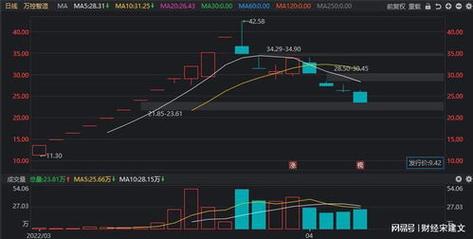In the realm of stock markets, fluctuations are inevitable, and declines can occur for various reasons. Understanding the causes and implications of these downturns is crucial for investors to make informed decisions. Let's delve into the factors contributing to stock market declines over the years and explore strategies for navigating through them effectively.

Stock market declines can stem from a multitude of economic factors, ranging from global events to domestic policy changes. Economic recessions, geopolitical tensions, inflationary pressures, and changes in interest rates are among the primary drivers of market downturns.
During economic downturns, such as the global financial crisis of 2008, stock markets experienced significant declines due to widespread panic, uncertainty, and reduced consumer spending. Similarly, geopolitical conflicts or trade disputes can spark market volatility, leading to sharp declines in stock prices.
Certain industries or sectors may face unique challenges that contribute to stock market declines. Technological advancements, regulatory changes, shifts in consumer preferences, or disruptions in supply chains can impact specific sectors adversely.
For instance, the energy sector may experience declines due to fluctuations in oil prices, while the retail sector could face challenges from the rise of ecommerce platforms. Understanding sectorspecific dynamics is essential for investors to anticipate potential downturns and adjust their portfolios accordingly.
Individual companies may undergo declines due to internal challenges such as poor financial performance, management issues, legal troubles, or product failures. Corporate scandals, accounting irregularities, or failed mergers/acquisitions can also trigger stock price declines as investor confidence wanes.
Performing thorough due diligence on companies before investing and staying updated on their financial health and strategic decisions can help mitigate risks associated with individual stock declines.
Psychological factors play a significant role in driving stock market declines. Investor sentiment, fear of missing out (FOMO), herd mentality, and irrational exuberance can lead to exaggerated market movements, including sudden selloffs or speculative bubbles.
During periods of heightened volatility, maintaining a disciplined investment approach based on fundamental analysis rather than succumbing to emotional reactions is crucial. Diversification across asset classes and regions can also help mitigate the impact of market sentiment on investment portfolios.
While stock market declines can be unsettling, it's essential to maintain a longterm perspective when investing. Historically, equity markets have shown resilience over time, recovering from downturns and delivering positive returns over the long run.
For investors with a long investment horizon, market declines present opportunities to acquire quality assets at discounted prices. Dollarcost averaging, whereby investors regularly invest fixed amounts regardless of market conditions, can help smooth out the impact of market volatility and capitalize on buying opportunities.
Implementing risk management strategies is vital for protecting investment portfolios during market downturns. Asset allocation, diversification, and periodic rebalancing can help spread risks across different asset classes and mitigate the impact of stock market declines on overall portfolio performance.
Additionally, employing stoploss orders, setting investment goals, and maintaining an emergency fund can provide a buffer against unexpected market movements and financial setbacks.
Stock market declines are an inherent part of investing, influenced by a complex interplay of economic, sectorspecific, and psychological factors. By understanding the underlying causes of market downturns and implementing prudent investment strategies, investors can navigate through turbulent times and position themselves for longterm financial success. Stay informed, stay diversified, and stay focused on your investment goals to weather the storms of market volatility.